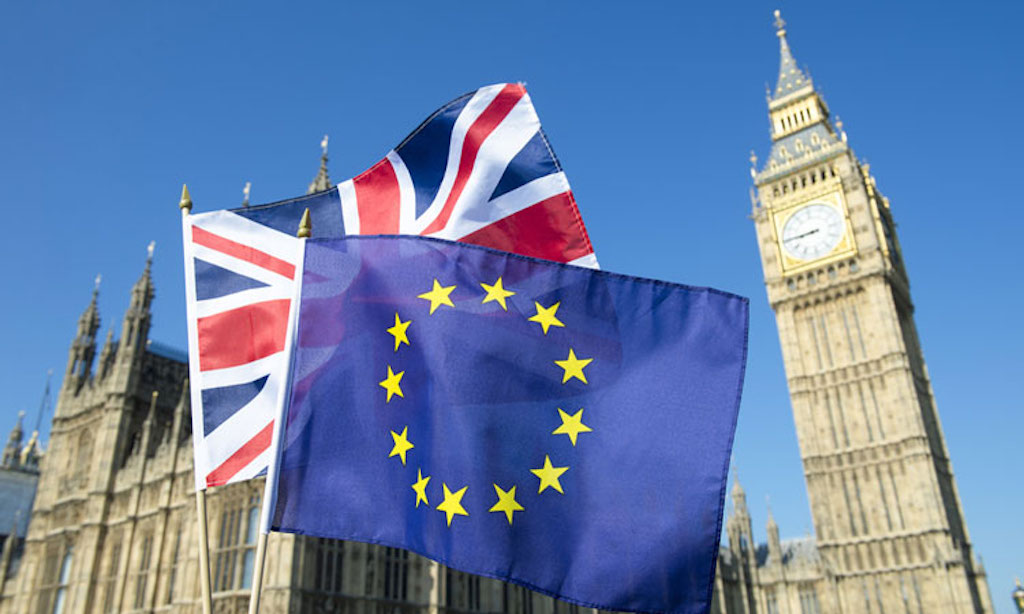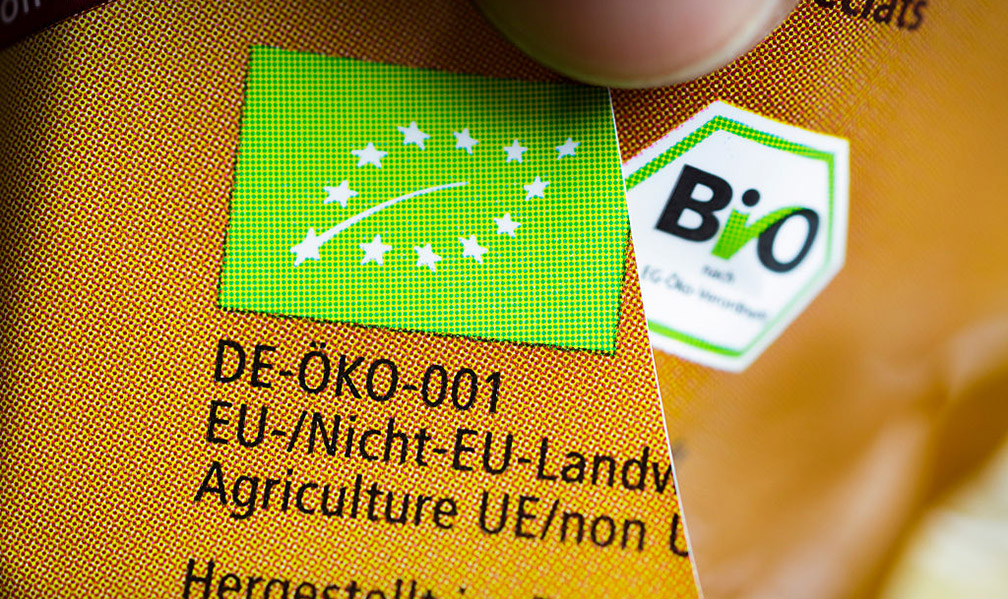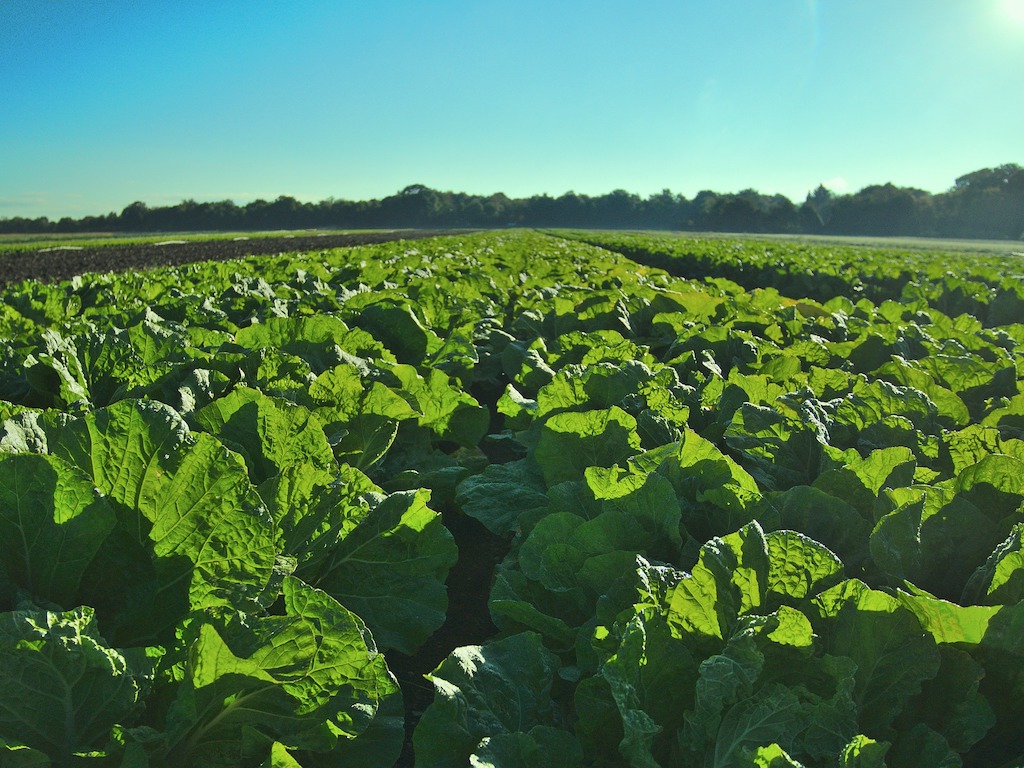5 Mins Read
After three tumultuous years in British politics, Britain has officially passed the Withdrawal Agreement Bill and ended nearly half a century of close ties with Europe on the January 31 2020. This begins the implementation phase of leaving the European Union, which will last until December 31 2020 this year when the process of leaving the EU comes to an end.
While for the time being, the UK will remain in the customs union and single market for the duration of the implementation period, there might be changes to come ahead that will affect the organic industry in the UK and beyond. Some experts are warning that certain changes may lead to the decline of organic farming in Britain, which risks hampering efforts to shift agriculture towards more sustainable farming practices in the midsts of our escalating climate crisis.
What Is Happening Now?
According to the UK’s non-profit organic food and farming certification body the Soil Association, for the time being, all the EU rules and regulations for the organic food sector will still apply as the country remains in the EU’s customs union and single market for the duration of the implementation period.

During the period, certain equivalency arrangements applying to the organic sector might be put in place, if agreed between the UK and the EU. These agreements, which will come into effect from the December 31 2020 onwards, will affect the trade of organic products – including seeds, plants, crops, feed and livestock – between the UK, EU and other markets. Among some of these implications may be new import requirements, documentation for exporting goods, and labelling differences for organic certifications.
What Happens After The Implementation Period Ends?
In the case where no agreement arises by the end of the implementation period, individual approval of UK certifiers might be required, and the Soil Association Certification, the largest qualification of organic agriculture standards in the UK, will have to ensure that they obtain approval for exporting UK organic goods to the EU and elsewhere.
The Soil Association will also need to seek approval on whether the EU organic logo can continue to be used within the UK, and there may be alterations to reference whether the product was produced within or outside the EU.
What Will This Mean For Organic Agriculture?
Currently, around 8% of products of the UK’s US$3 billion plus organic market are exported abroad, with the majority being sent to EU countries. With uncertainties looming around the potential changes of regulations on the trade of organic products between the UK, EU and other countries, some experts are concerned that businesses in the organics industry will be disrupted, which will lead to the detriment for sustainable farming.

“The risk is that if people have to stop farming organically, we lose all the scientifically proven benefits of organic farming,” said Dr Bruce Pearce from the Organic Research Centre.
In the midst of our escalating climate emergency and ecological disasters, research has suggested that organic agriculture can bring about numerous environmental, social and health benefits, from better flood protection to boosting the currently declining insect populations and promoting health.
Last year, a report conducted by Dutch organic specialist Eosta in collaboration with the University of Twente in the Netherlands found that organic agriculture, which is farming that does not involve synthetic fertilisers, pesticides, drugs, genetically modified seeds and uses natural site-specific management practices, can help make progress on 8 of the 17 United Nations Sustainable Development Goals (SDGs). These include helping combating climate change, protecting biodiversity, achieving zero hunger and clean water for all, amongst other targets.
How Can This Affect Asia?
We live in a global world where the consequences of unsustainable farming practices in one area of the world can be felt in another. Currently, Asia-Pacific is severely lagging behind on many of the key environmental SDG goals, and is even showing signs of backtracking in particular targets.
The Asian continent, which is home to over half of the world’s population, also happens to be the region that will bear the harshest effects of climate change, from flooding that will bring about livelihood challenges and food insecurity to rising sea levels leading to mass displacement.

Agrochemicals, which are commonly employed in non-organic agriculture, is one of the largest emitters of carbon dioxide in the industry. With our emissions set to reach record-levels, every effort to lower greenhouse gases is imperative, including measures to shift towards more sustainable organic farming practices.
Brexit, which could in turn affect trade relations governing organic sectors, leading to a decline in incentives for organic farming, could therefore work to discourage much-needed comprehensive changes to global agricultural systems in order to avoid more climate-related catastrophes in the future.
However, it is also important to note that while the exact equivalency arrangements have yet to be agreed, the Withdrawal Agreement Bill does involve a stronger emphasis on governing the use of soil in the United Kingdom, which is currently at risk of overuse, erosion and nutrient loss. The government has also hinted at measures to help encourage farmers maintain healthy soils, regulate fertiliser use and promote organic farming.
Lead image courtesy of Pinterest.




